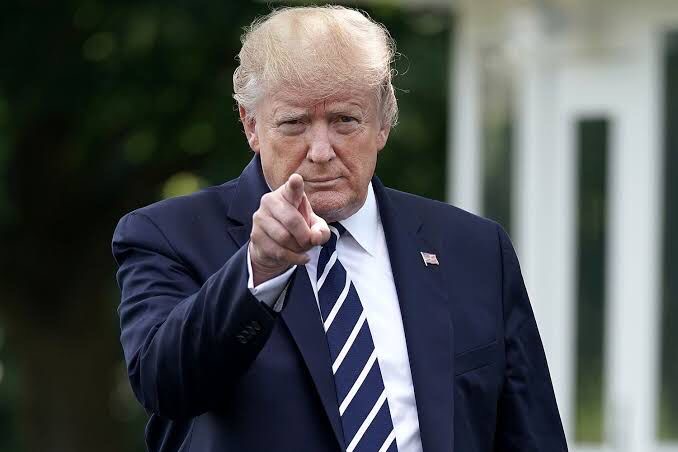
As the 2024 presidential campaign approaches its climax, former President Donald Trump has once again stirred the pot with a closing argument that has been described as one of the most extreme in modern political history. In a recent rally in Florida, Trump delivered a fiery speech that touched on familiar themes of nationalism, populism, and a relentless attack on the current administration, while also venturing into more incendiary territory that has drawn both fervent support and fierce criticism.
A Call to Arms for His Base
In his address, Trump sought to galvanize his supporters by portraying the upcoming election as a battle for the soul of America. He claimed that the Biden administration represents a form of socialism that threatens the very fabric of the nation. Trump painted a dystopian picture of America under Democratic leadership, suggesting that freedoms are eroding and that the country is on the brink of collapse. This kind of rhetoric is not new for Trump, but the intensity of his language was notable.
“Make no mistake,” he declared, “this election is not just about politics; it’s about our very way of life. If we lose, we may never get this country back.” This stark warning is reminiscent of apocalyptic language used in previous elections but amplified in its implications. Critics argue that such statements incite fear and division, potentially undermining democratic norms.
Targeting the Opposition
Trump’s speech was laced with personal attacks against President Biden, labeling him as a “puppet” of the radical left. He claimed that Biden is incapable of leading and directly linked him to crime rates, economic woes, and a perceived decline in national security. By doing so, Trump aimed to position himself as the only viable alternative to a collapsing regime, employing a strategy that resonates deeply with his base but alienates moderate voters.
The former president also invoked the names of several controversial figures and movements, suggesting that they represent the true values of America. He embraced conspiracy theories surrounding the COVID-19 pandemic, immigration policies, and even the recent events in Israel, drawing parallels that many critics deem irresponsible and misleading.
A Shift in Strategy
While Trump has always been known for his provocative statements, this latest approach marks a strategic pivot that reflects the current political landscape. With rising dissatisfaction among voters regarding inflation, crime, and immigration, Trump is capitalizing on these sentiments to rally support. His campaign seems to be betting on the notion that extreme rhetoric can mobilize not just his base but also disillusioned voters who feel abandoned by traditional political elites.
The former president’s framing of the election as a fight against tyranny has galvanized his supporters, who see him as a champion of their grievances. However, this strategy raises questions about the implications for democratic discourse. Experts warn that such extreme positions can lead to increased polarization, as well as a dangerous normalization of rhetoric that undermines trust in the electoral process.
The Reaction from the Political Landscape
The reaction to Trump’s closing argument has been swift and multifaceted. Republicans who have been critical of Trump’s approach have found themselves in a precarious position. Many fear that his extreme rhetoric could alienate moderate voters, particularly in key battleground states. Conversely, Trump’s core supporters have responded with enthusiasm, viewing his remarks as a rallying cry against perceived injustices.
Democrats and political analysts have condemned Trump’s speech as dangerous and divisive. They argue that his brand of politics relies on fear-mongering and scapegoating, which they believe could incite violence and unrest. The juxtaposition of Trump’s rhetoric with calls for unity from Biden has painted a stark picture of the 2024 election landscape.
Looking Ahead
As the election draws closer, the implications of Trump’s extreme closing argument will continue to unfold. Will it energize his base enough to secure victory, or will it drive moderate voters away, leading to a shift in the electoral balance? One thing is clear: Trump’s approach will be a defining characteristic of the campaign, and its impact on American politics will be felt long after the ballots are cast.
In an era where political discourse is already strained, Trump’s latest moves raise significant concerns about the future of democratic engagement in the United States. The extent to which voters respond to his extreme rhetoric could shape not only the outcome of the 2024 election but also the nature of political dialogue in the years to come. As Americans prepare to head to the polls, the stakes have never been higher, and the implications of Trump’s strategy are likely to resonate for generations.






